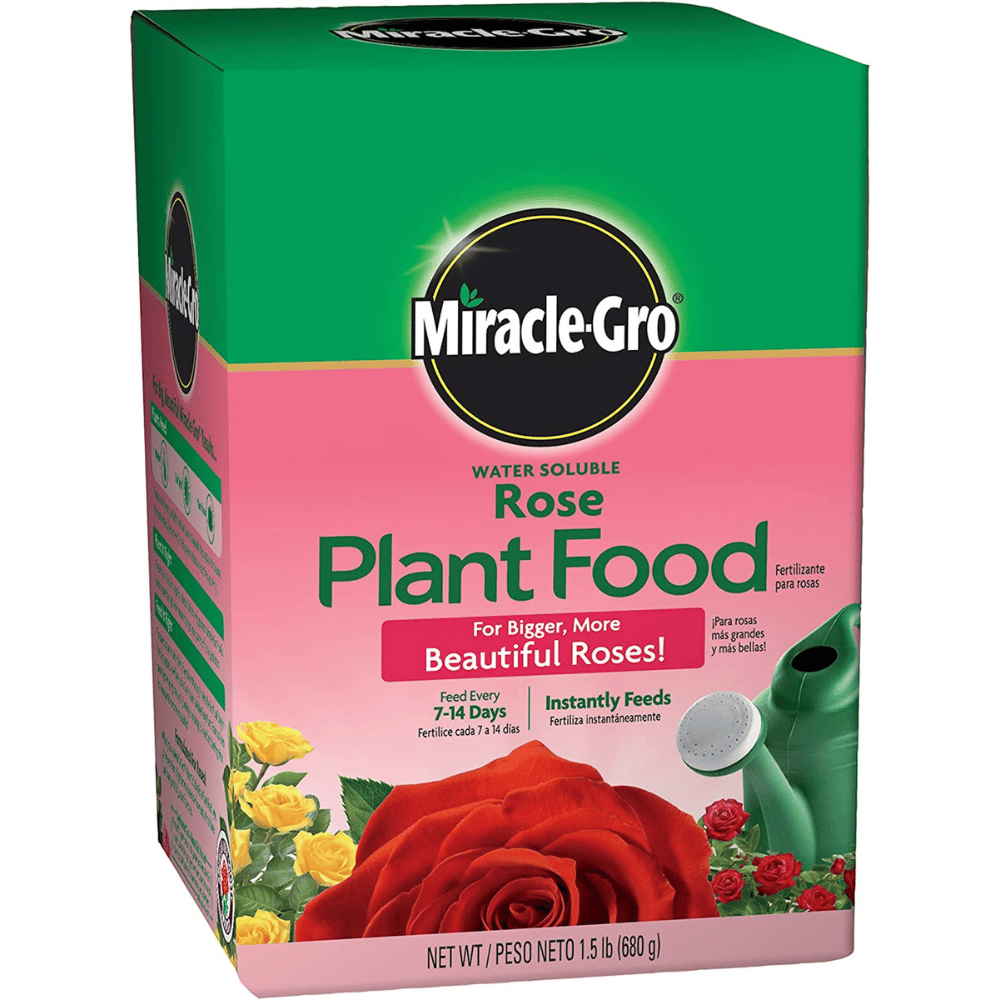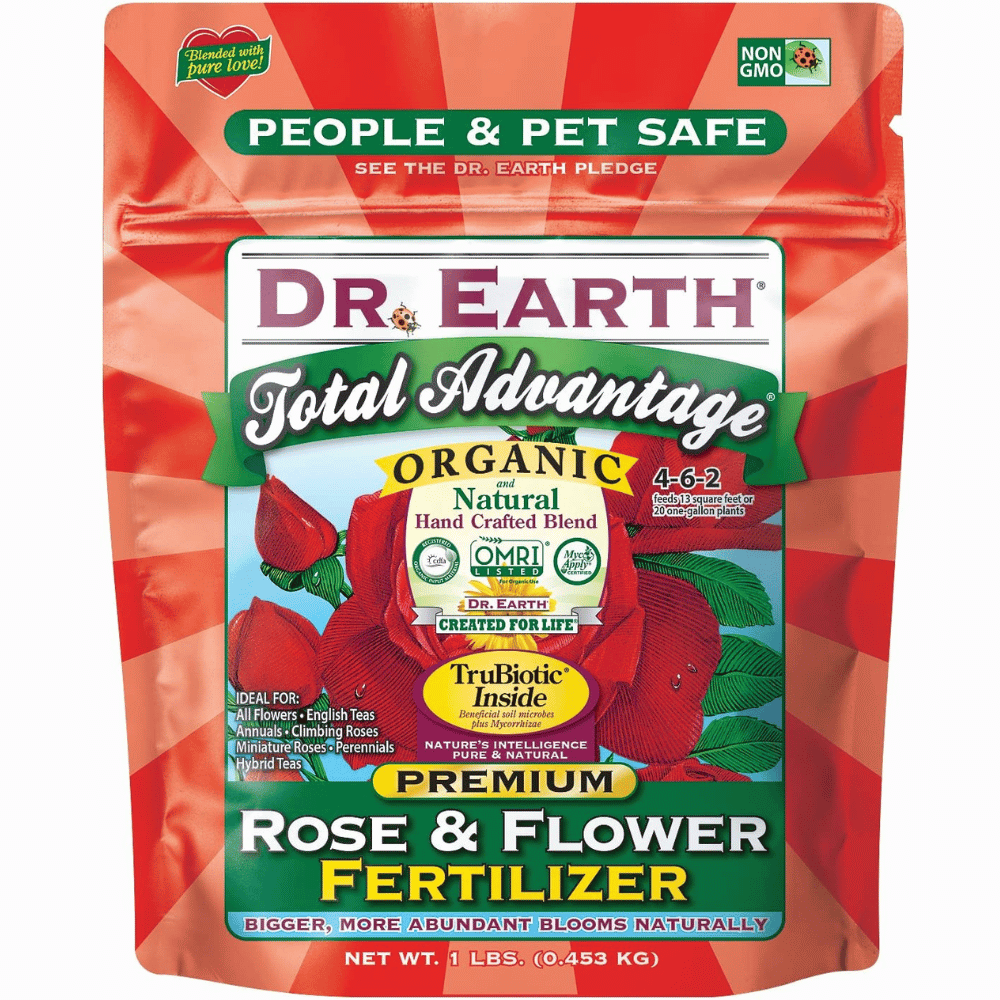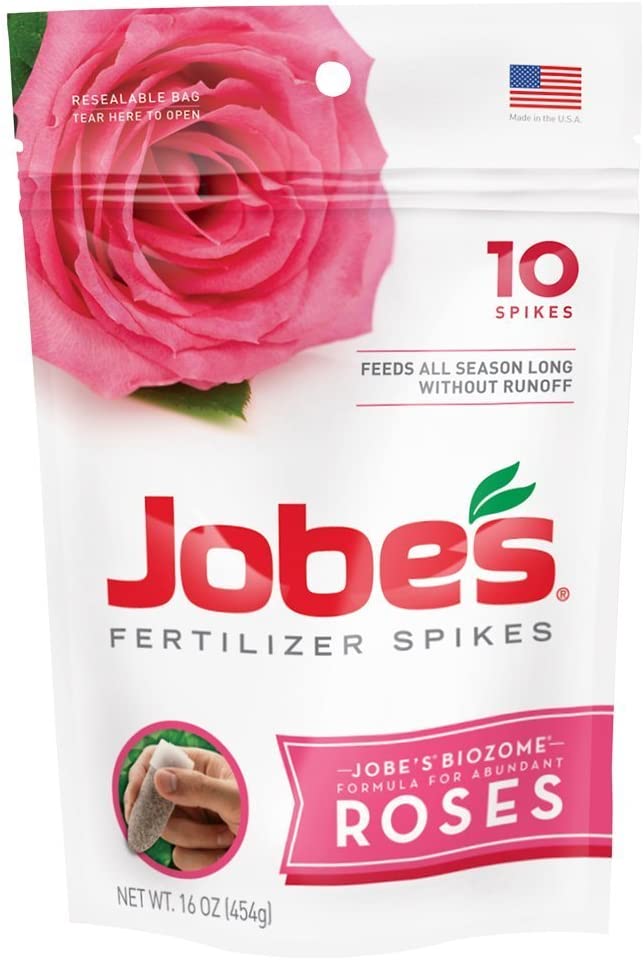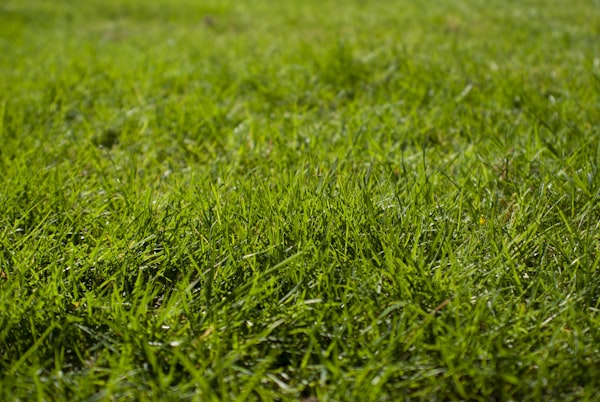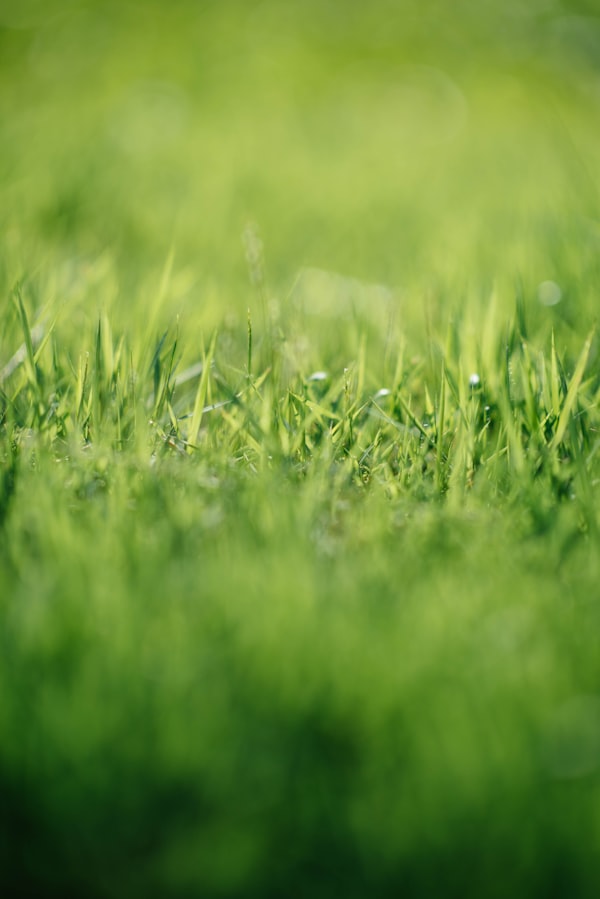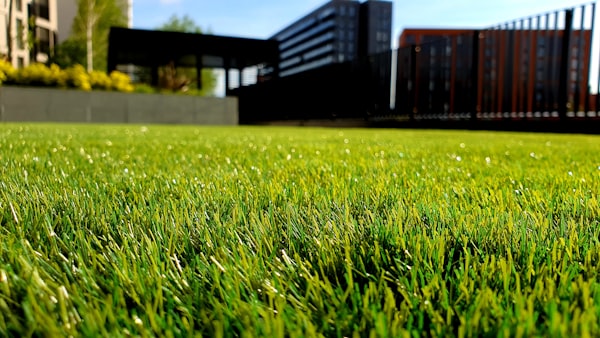Choosing the right fertilizer for your roses can be overwhelming, with so many options available on the market. But fear not, we're here to help you select the best rose fertilizer to help your flowers bloom.
Why Is Fertilizer Important for Roses?
Fertilizer plays a crucial role in the health and growth of roses. These flowering plants require a variety of nutrients to thrive, including nitrogen, phosphorus, and potassium. Roses need these nutrients and are essential for the plant's growth, blooming, and overall health.
Without adequate nutrients, roses may have stunted growth, fewer blooms, and even suffer from diseases. By providing the right fertilizer, you can ensure that your roses get the nutrients they need to grow and bloom.
Choosing the Best Rose Fertilizer
There are many different types of rose fertilizer available, including organic and synthetic options. When selecting a fertilizer, consider the following factors:
Nutrient Content
Look for a rose food with a balanced nutrient content, including nitrogen, phosphorus, and potassium. Nitrogen is crucial for leaf growth, while phosphorus promotes root growth and flower production. Potassium helps to improve the overall health and disease resistance of the plant.
Slow-Release vs. Quick-Release
Fertilizers can be either slow-release or quick-release. Slow release fertilizers release nutrients gradually over time, while quick-release fertilizers release nutrients immediately. Slow-release fertilizers are often preferred for roses, as they provide a consistent supply of nutrients without the risk of over-fertilization.
Organic vs. Synthetic
Organic fertilizers are made from natural sources, such as compost, bone meal, and fish emulsion. Synthetic fertilizers are made from chemicals and minerals. Using Organic rose fertilizers are often preferred by gardeners because they have the nutrients roses need and avoids synthetic chemicals.
What is NPK ratio and why is it important for roses?
NPK ratio is a term used to describe the balance of three primary macronutrients that plants require in order to grow and thrive: nitrogen (N), phosphorus (P), and potassium (K). This ratio is typically displayed as a series of three numbers on the packaging of fertilizers, such as 10-10-10 or 5-10-5.
The first number in the NPK ratio represents the percentage of nitrogen in the fertilizer, which is important for leaf growth and overall plant health. The second number represents the percentage of phosphorus in the fertilizer, which is important for root growth and flower production. The third number represents the percentage of potassium in the fertilizer, which helps improve the overall health and disease resistance of the plant.
It is important for roses because these plants have specific nutritional needs. They require a balanced supply of nutrients to grow and bloom properly, and the ratio can help ensure that they get the correct amounts of nitrogen, phosphorus, and potassium. Fertilizers with a high NPK ratio are great your roses to grow and bloom more effectively, while ones with an unbalanced NPK ratio can result in stunted growth, fewer rose blooms, and even disease. It's important to choose a fertilizer with the appropriate NPK ratio for your roses and to follow the package instructions for the correct amount and timing of application.
How to Apply Rose Fertilizer
Now that you've selected the rose fertilizer for your garden, it's time to apply it. Here's how to do it:
- Start by watering your roses thoroughly.
- Sprinkle the fertilizer around the base of the plant, following the package instructions for the correct amount.
- Gently apply the fertilizer into the soil around the root zone using a garden fork or trowel.
- Water your roses again to help the fertilizer soak into the soil.
- Repeat the application according to the fertilizer package instructions, usually every 4-6 weeks during the growing season.
It's important not to over-fertilize your roses, as this can lead to burned roots, stunted growth, and even death. Always follow the package instructions and do not exceed the recommended amount.
How We Choose the Best Rose Bush Fertilizer
Choosing the best rose fertilizer can be a daunting task with so many options available on the market. We took the time to research and analyze a wide variety of fertilizers to bring you the best options for your roses.
In our search, we looked at factors such as nutrient content, release time, and organic vs. synthetic options. We also took customer reviews into consideration to see what real users had to say about each product. By analyzing all of these factors, we were able to compile a list of top rose fertilizers that deliver results. We took into account positive and negative feedback to provide a comprehensive and unbiased review of each product. Keep read on for our top picks we know you'll love.
Miracle-Gro Water Soluble Rose Plant Food
Miracle-Gro Rose Plant Food is the perfect product to help you create beautiful roses in your garden. This special fertilizer is specially designed for roses and helps them grow strong and healthy. It's easy to use, just mix it with water and apply directly to your rose plants. The fertilizer will then release nutrients into the soil, providing your roses with all of the essential minerals they need to thrive. Miracle-Gro will help you create beautiful roses that are sure to be the envy of your neighbors. With its help, you can have a stunning rose garden in no time at all!
Dr. Earth Organic 3 Rose and Flower Fertilizer
Dr. Earth is the best fertilizer for roses and flowers. It is a powerful blend of ingredients that provide superior nutrition to help promote healthy and vibrant blooms. This organic formula also helps reduce water, salt and chemical runoff, making it an environmentally-friendly choice. Loaded with beneficial microbes, Dr. Earth rose and flower fertilizer will help encourage strong root growth for long-lasting blooms with increased color and fragrance. This organic rose fertilizer contains all natural ingredients that are derived from plant material such as kelp meal, fishbone meal, alfalfa meal, bat guano, feather meal, humic acid and more. These carefully crafted components not only nourish your plants but also aid in soil structure which leads to better drainage and more efficient nutrient uptake by your flowers and roses. With Dr. Earth your plants will look beautiful season after season without any extra effort!
Jobe's Rose Fertilizer Spikes
Jobe's Rose Spikes are a great way to give your roses the nourishment they need to stay healthy and vibrant. These spikes are easy to install and provide plants with an extended-release fertilizer that helps promote strong root development, large beautiful blooms, and vibrant foliage. The spikes release nutrients directly into the soil to make sure your rose bushes get the right amount of nutrition without having to worry about overfeeding or underfeeding them. With Jobe's Rose Fertilizer Spikes, you can rest assured your roses will receive all the essential micronutrients needed for optimal growth and health. In addition, these spikes are designed to last up to 8 weeks, meaning you don't need to worry about re-filling or replacing them as often as other fertilizer options.
Additional Tips for Growing Healthy Roses
While fertilizer is crucial for growing healthy roses, there are other factors to consider as well. Here are some additional tips to help your roses thrive:
Watering
Roses require consistent and thorough watering to stay healthy. Water your roses deeply once a week, rather than shallowly every day. This will encourage deep root growth and help your roses withstand periods of drought.
Pruning
Pruning is important for promoting healthy growth and blooming in roses. Remove any dead or diseased wood, and prune the plant back in early spring to encourage new growth.
Sunlight
Roses require plenty of sunlight to bloom. Make sure your roses are planted in a location that receives at least six hours of sunlight per day.
Pest Control
Roses are susceptible to a variety of pests and diseases. Monitor your plants regularly for any signs of infestation and treat them immediately. Consider using natural pest control methods, such as neem oil or insecticidal soap, to avoid harsh chemicals.
Best Fertilizer for Roses FAQ
Roses are a beloved addition to any garden, but to keep them healthy and blooming, they require proper care and maintenance. Choosing rose fertilizer is an essential part of ensuring your roses receive the nutrients they need to thrive. In this FAQ section, we will answer the most commonly asked questions about rose fertilizers, including what they are, how to use them, and what to look for when choosing a fertilizer.
What is the best time to fertilize roses?
The best time to fertilize roses is in the spring, just as the new growth begins. This is typically around mid-March to early April, depending on your climate and location. Fertilizing at this time will provide the necessary nutrients to help your roses grow strong and healthy throughout the growing season. It's important to avoid fertilizing too early, as this can stimulate early growth that can be damaged by late frosts or cold weather. It's also important not to fertilize too late in the season, as this can encourage new growth that may not have enough time to harden off before winter. It's generally recommended to fertilize your roses every 4-6 weeks during the growing season, from the spring until early fall. Always follow the package instructions for the correct amount and timing of fertilizer application to avoid over-fertilization, which can lead to burned roots, stunted growth, and even death.
Is liquid or granular fertilizer better for roses?
Both liquid and granular fertilizers can be effective for roses, but there are some differences between the two.
Liquid fertilizers are fast-acting and can be quickly absorbed by the roots of the plant, providing almost immediate results. They can be applied with a sprayer or watering can and are generally easier to apply evenly across a larger area.
Granular fertilizers, on the other hand, are slower acting but can provide longer-lasting results. They release nutrients gradually over time, providing a consistent supply of nutrients to the plant. They're easy to apply, and many come with a timed-release formula that can last for several months.
Ultimately, the best type of fertilizer for your roses will depend on your personal preference and the specific needs of your plants. Both liquid and granular fertilizers can be effective, but it's important to choose a fertilizer that is formulated specifically for roses and to follow the package instructions for the correct amount and timing of application.
How often should I apply rose fertilizer?
The frequency of applying rose fertilizer depends on the specific product you choose and the needs of your roses. In general, it is recommended to apply fertilizer every 6 to 8 weeks during the growing season.
Can I use regular fertilizer on my roses?
While regular fertilizer can be used on roses, it is important to choose a fertilizer that is specifically formulated for roses to ensure that they receive the right balance of nutrients. Regular fertilizers may not contain the micronutrients that roses need to thrive.
Can rose fertilizer be used on other plants?
While rose fertilizer is specifically designed for roses, it can also be used on other flowering plants, as well as on fruit trees and shrubs. Be sure to check the fertilizer label to ensure that it is suitable for the specific plants you want to fertilize.
Conclusion
Growing healthy and fragrant roses requires a combination of factors, including proper fertilization, watering, pruning, sunlight, and pest control. By choosing the best rose fertilizer for your garden and following these additional tips, you can achieve the beautiful and vibrant roses that you've always dreamed of. Remember to be patient, as roses can take some time to establish, but with a little care and attention, your efforts will be rewarded with a stunning display of blooms.
Looking for the best fertilizer for your Vegetable Garden Look No Further!


